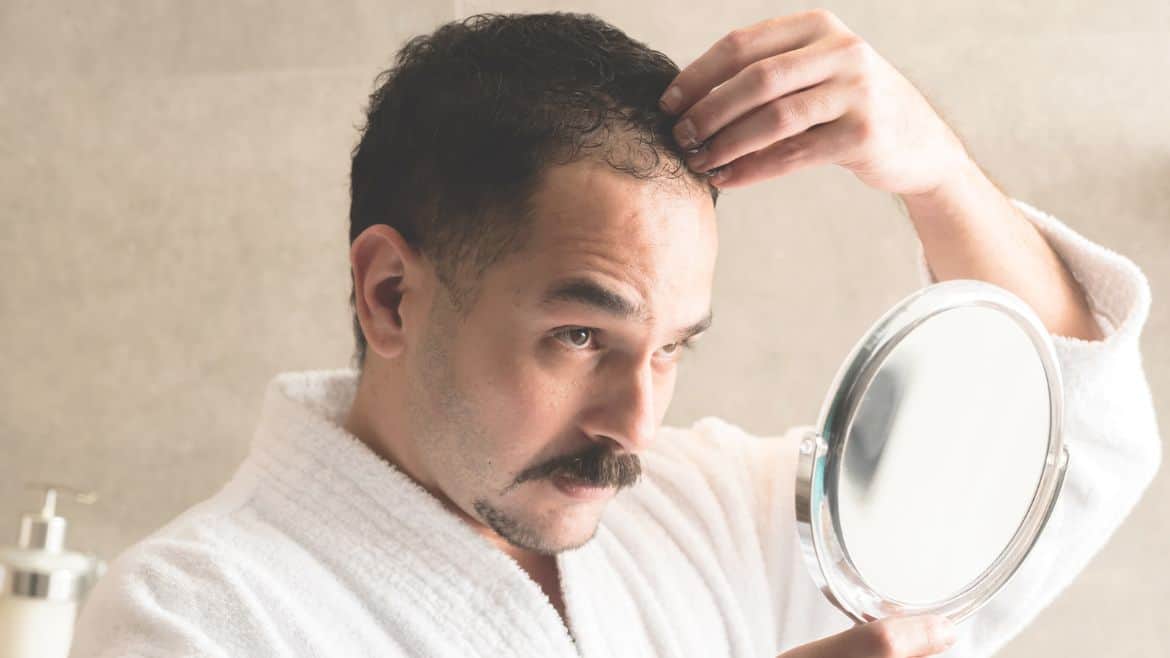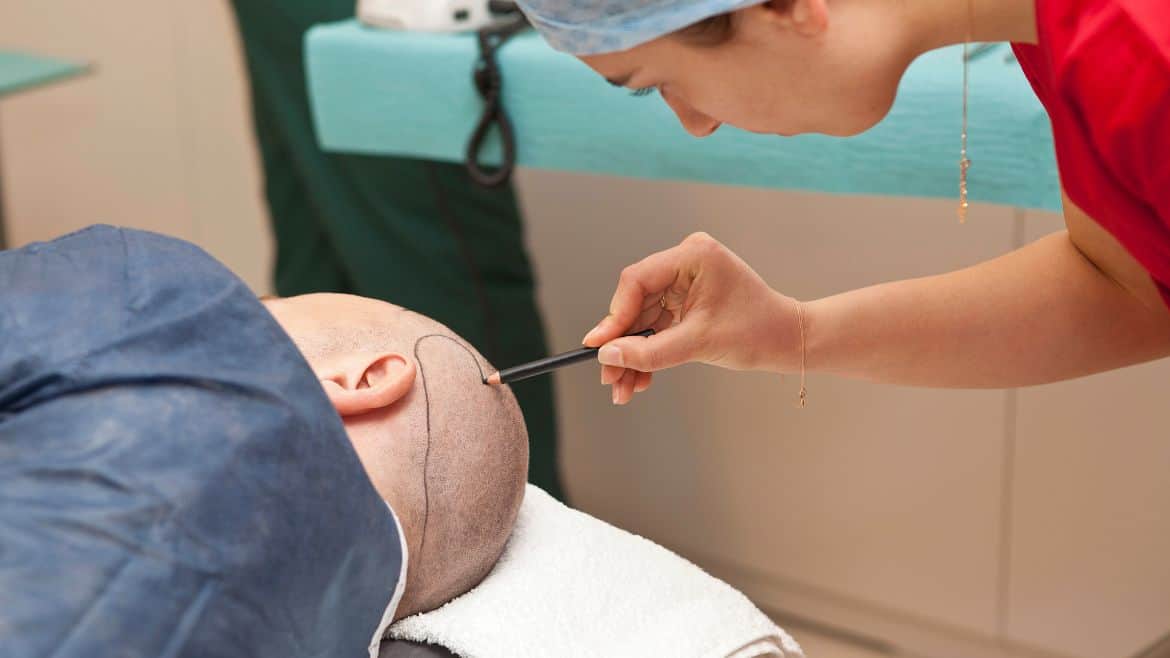A hair transplant can be a great solution for people experiencing hair fall in men or thinning, but it’s important to carefully consider all of the potential risks and benefits before proceeding with the surgery. Here are a few things to think about before having a hair transplant:
Is a Hair Transplant Right for You?
Not everyone is a good candidate for a hair transplant. The best candidates are usually those with stable hair loss patterns and good overall health. If you have a medical condition that affects hair growth, such as alopecia or a thyroid disorder, a hair transplant may not be the best option for you. It’s important to discuss your hair loss and medical history with a qualified hair restoration specialist to determine if a hair transplant is the right choice for you.
What Type of Hair Transplant Should You Get?
There are two main types of Hair Transplant in Indore procedures: follicular unit transplantation (FUT) and follicular unit extraction (FUE). FUT involves removing a strip of skin from the back of the head and separating it into individual hair follicles, which are then transplanted to the thinning or balding area. FUE involves removing individual hair follicles directly from the scalp, without the need for a skin strip. Both techniques can be effective, but FUE tends to have a shorter recovery time and may result in fewer scarring.
How Much Will a Hair Transplant Cost?
Hair transplants can be expensive, and the cost can vary depending on the number of grafts needed and the technique used. FUT transplants tend to be cheaper than FUE transplants, but they may result in more scarring. It’s important to have a clear understanding of the costs involved before proceeding with a hair transplant. Some insurance plans may cover the cost of a hair transplant if it is deemed medically necessary.
What Are the Potential Risks and Side Effects?
Like any surgical procedure, a hair transplant carries certain risks and side effects. These can include bleeding, infection, scarring, and discomfort. There is also a risk of allergic reactions to the anesthesia used during the procedure. In rare cases, the transplanted hair may not grow or may grow in a different texture or color than the surrounding hair.
How Long Will the Results Last?
A hair transplant is a permanent solution to hair loss, but it’s important to understand that the transplanted hair may continue to thin with age. It’s also possible for the hair loss to progress to other areas of the scalp, even after a successful transplant.
What Is the Recovery Time Like?
The recovery time after a hair transplant can vary depending on the technique used and the individual patient. FUE hair transplants tend to have a shorter recovery time than FUT transplants, but both types of procedures typically involve some swelling and discomfort. Most people are able to return to work and normal activities within a few days of the procedure, but it’s important to follow the instructions of your surgeon to ensure the best possible outcome.
In summary, a hair transplant can be a great solution for people experiencing hair loss or thinning, but it’s important to carefully consider all of the potential risks and benefits before proceeding with the surgery. It’s essential to choose a qualified hair restoration specialist who can tell you common myths about hair transplant and have a clear understanding of the costs and recovery time involved. With the right preparation and expectations, a hair transplant can help you feel more confident and satisfied with your appearance.



